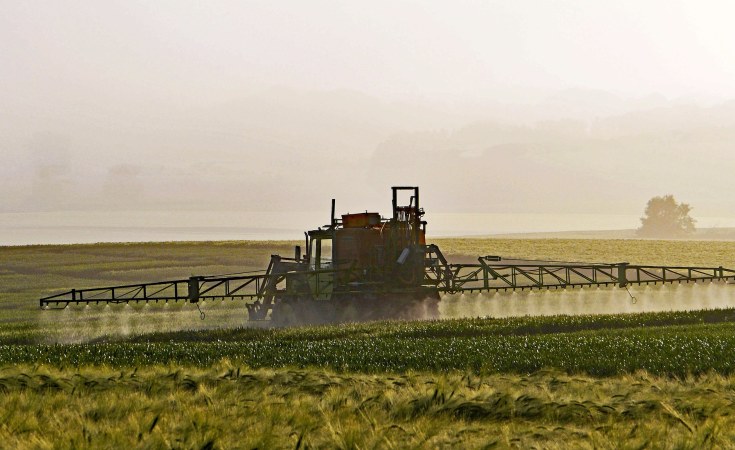For over two decades, violent clashes and their aftermath in Plateau State have displaced thousands and led to the loss of hundreds of lives.
"We lost our homes, means of livelihood, everything! We had to flee with pregnant women and children for weeks, going from one village to the next. No food and no medication, nothing!" says Murtala.
With relative peace returning to Rafin Bauna village, Murala and many displaced farmers have returned to plant their lands, restoring their main source of income. The ICRC is supporting 300 of them with a new drip irrigation technology. Selected farmers were trained and provided with tools, water pumps and knapsack sprayers for the pilot irrigation project to be implemented in three years. The agricultural technology aims to double farmers' production and improve energy and water efficiency addressing water shortage which has led to heavy competition for access to water points within farming communities and between farmers and herders resulting in confrontation and violence.
Today, Murtala's family has enough food, he can pay for some basic needs, and his children can go back to school.
As a farmer, the ICRC drip irrigation support provided us with a new means of survival. It is easier, with less effort, less cost, and the result is a bumper harvest
Murtala
Benefits of the new technology
"This new technology reduces drudgery, conserves water, controls weeds and disease, reduces the general cost of production, doubles production and is climate smart oriented," adds Leger Luc Manga, ICRC's agronomists in Nigeria.
The ICRC's warehouse in Jos, central Nigeria, is the nerve centre of our activities, with a size of 3,995 square meters. Its strategic location in the centre of the country allows us to easily transport humanitarian assistance including food, seeds and other agricultural equipment to affected populations in the north-central and the north-eastern Nigeria.
"Making sure that agricultural equipment reached 300 farmers within the shortest possible time and in good condition, involved an enormous but efficient logistical undertaking by the ICRC," says Mohammed Suleiman, the ICRC warehouse manager in Nigeria.


